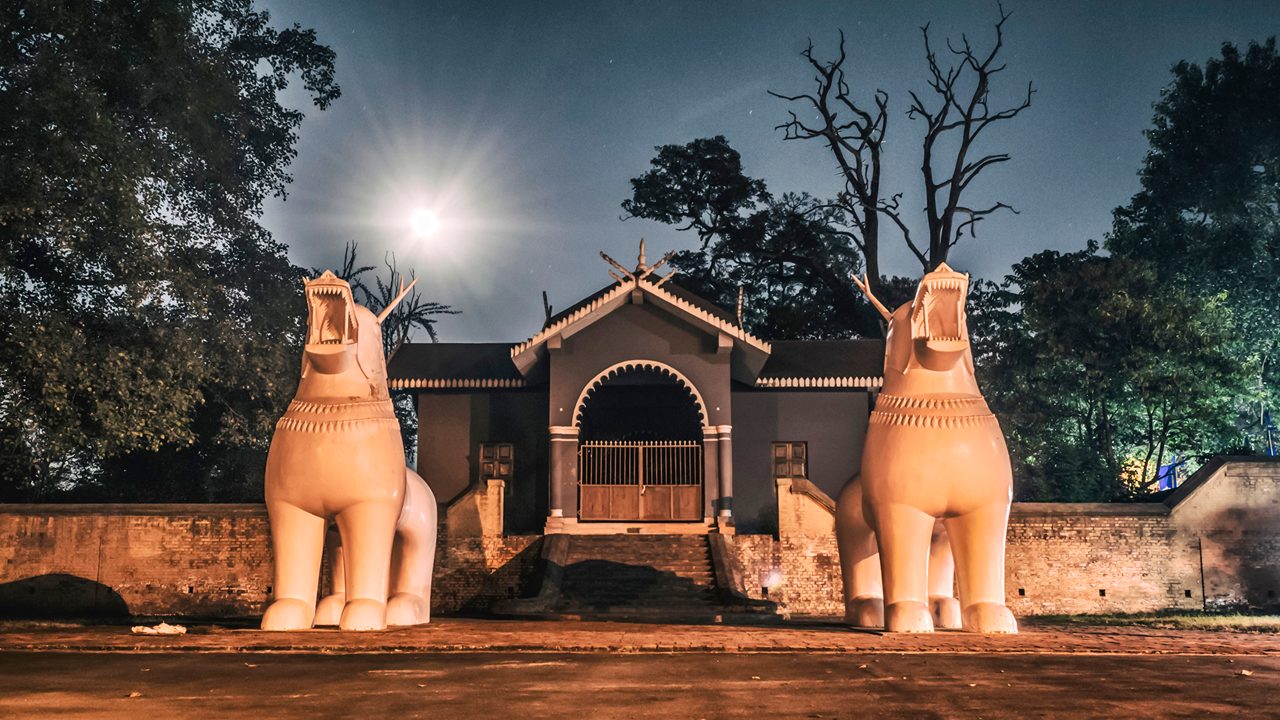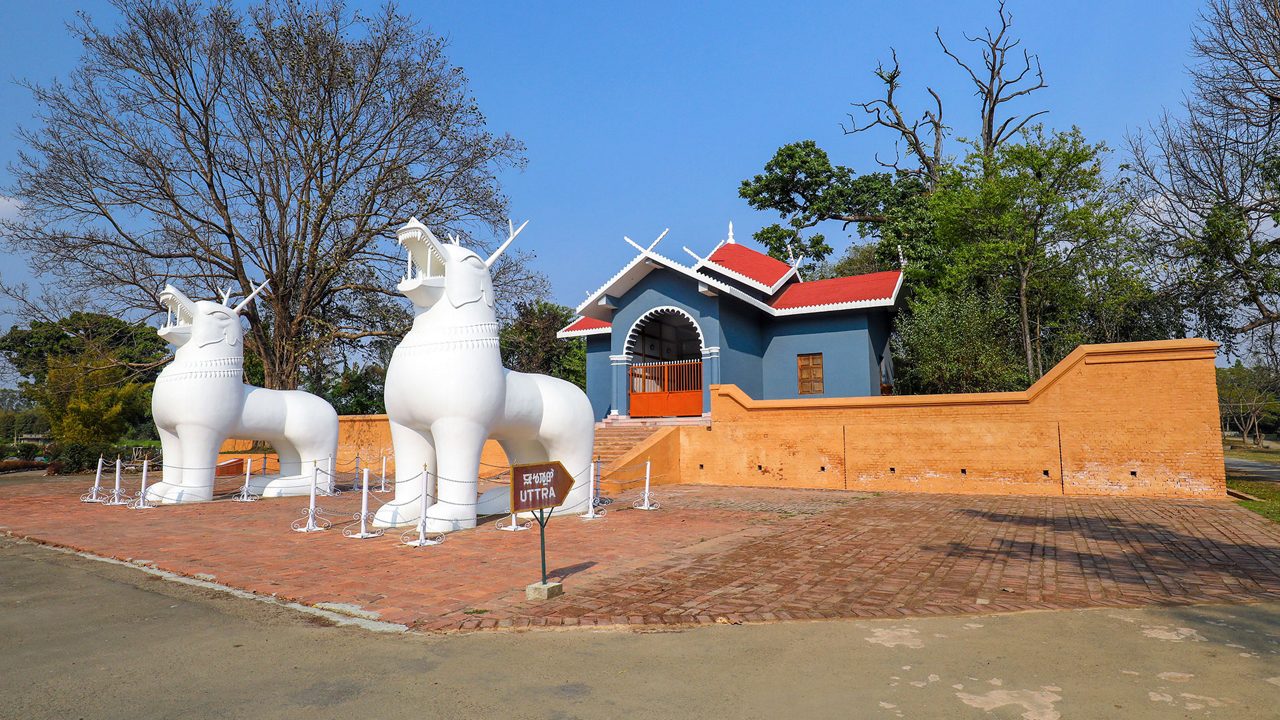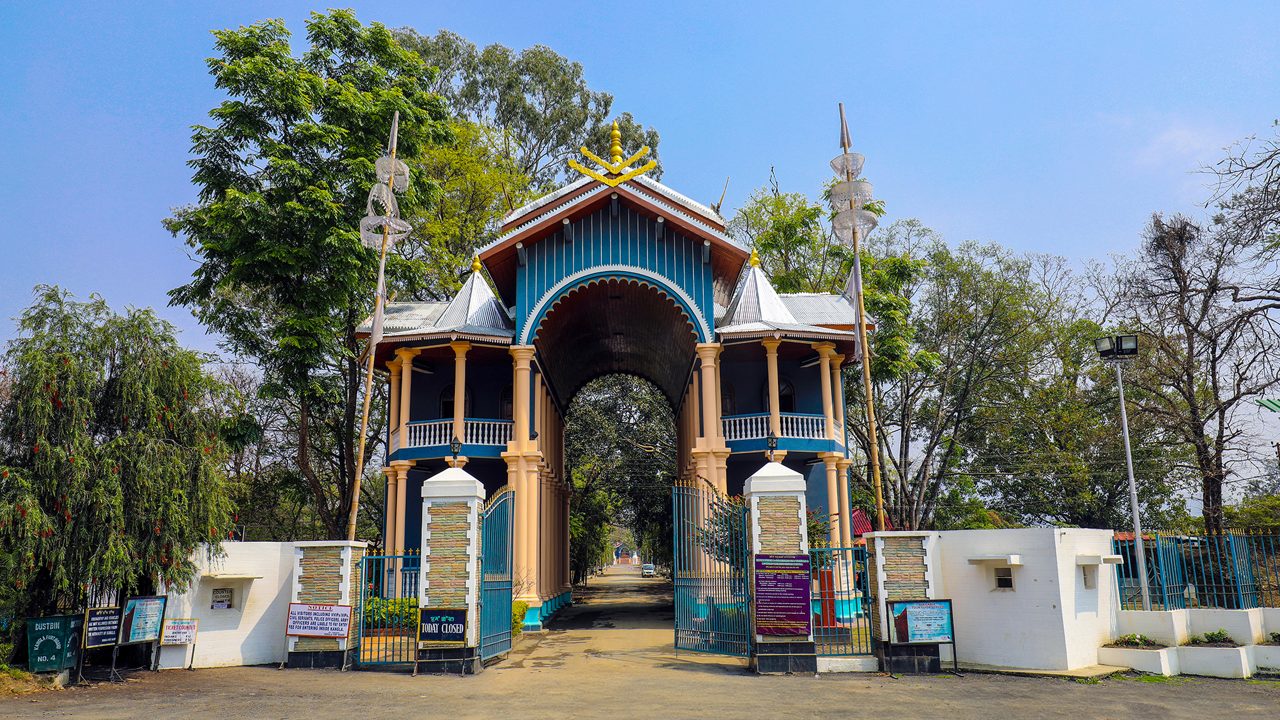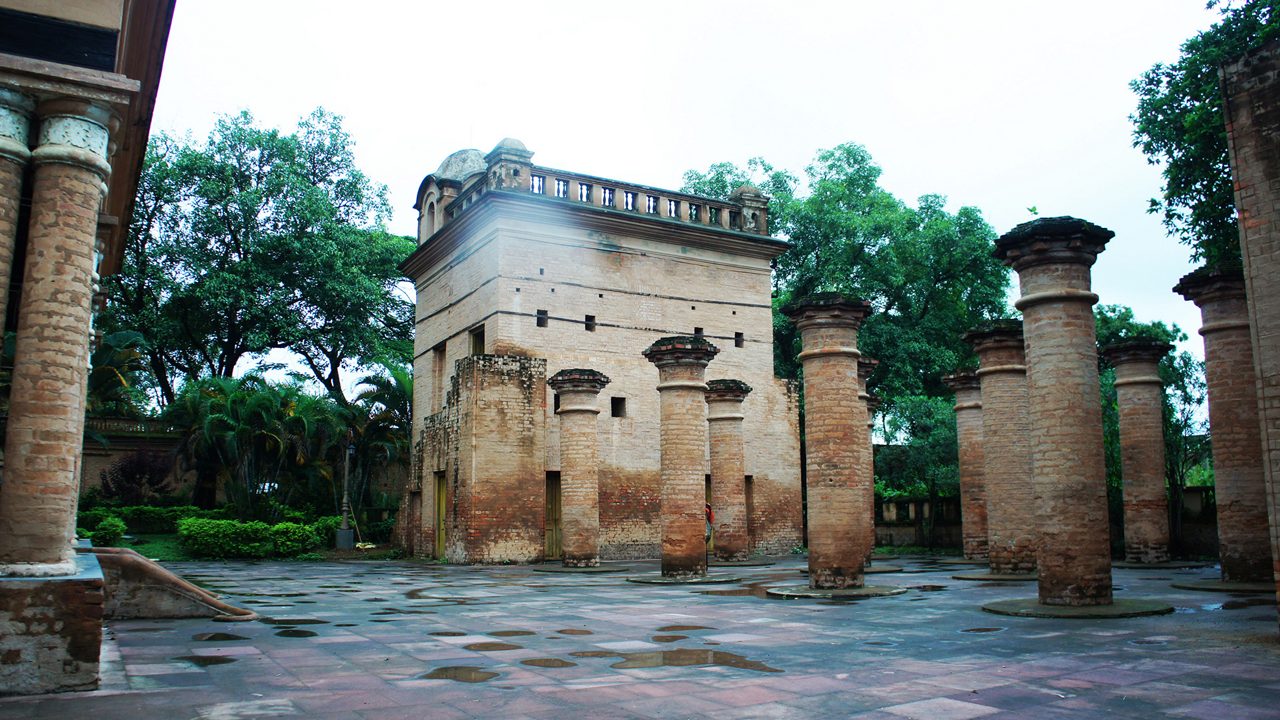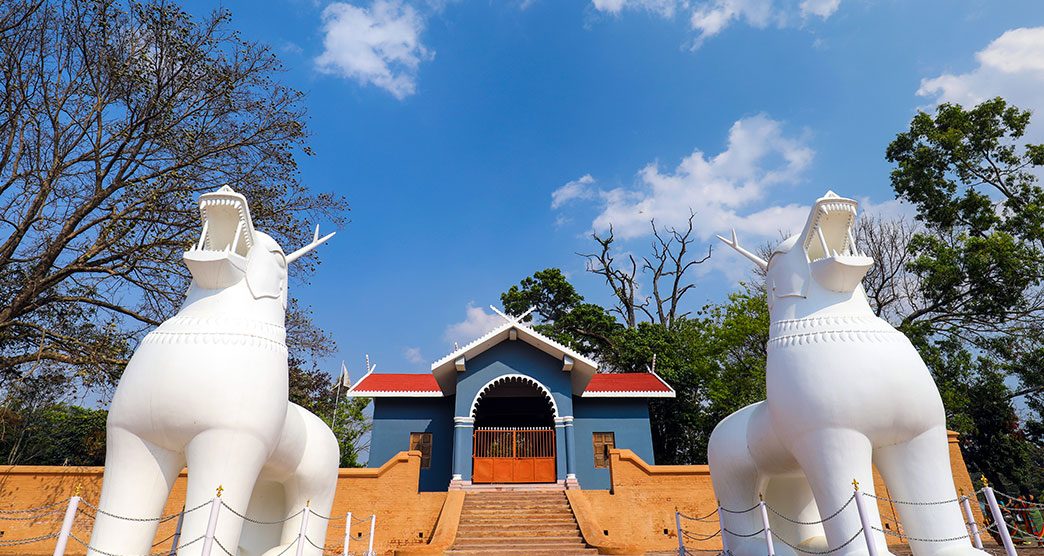Preserving the amazon of manipur
Known as the ""Lungs of Imphal,"" Kangla is celebrated for its dense forests that breathe life into the heart of Manipur's bustling metropolis.
In 2009, the Kangla Fort Board established the Kangla Herbal Garden, dedicated to nurturing medicinal plants within the fortress's confines, thus safeguarding its natural legacy. In June 2019, volunteers organised themselves and came together to plant 700 indigenous fruit-bearing tree saplings at Nura Heikol, fondly known as the Women's Fruit Garden or Ladies Orchard. Once a dormant oasis known as Biodiversity Park, Nura Heikol now stands as a vibrant testament to nature's bounty, enchanting visitors with its kaleidoscope of blooms. Meanwhile, Engellei Leikol, formerly the captivating Rock Garden, remains a cherished oasis within Kangla, inviting wanderers to bask in its serene tranquillity.
In a bid to honour Manipur's rich cultural heritage, each garden and orchard within Kangla has been bestowed with indigenous names, ensuring that the spirit of the state is preserved and celebrated for generations to come. Efforts are in progress to secure UNESCO World Heritage status for Kangla Fort, a cause passionately debated in the Indian Parliament, reflecting the collective reverence for this historic marvel.
Divine intervention at every turn
Kangla holds an esteemed place in the hearts of the Manipuris. Legend has it that Lord Pakhangba, the ruler of Manipur and the Universe, resides beneath 'Kangla,' infusing it with divine significance. Within Kangla lie 360 revered spots, each bearing its own spiritual backstory. Nungjeng Pukhri and other ponds stand as sanctuaries where Lord Pakhangba is believed to dwell. Nunggoibi is revered as the sacred abode of the Goddess of War, witnessing rituals like Huyein Lalu Chanba, performed to commemorate victories in battle by the Kings of Manipur. Manglen serves as the final resting place for the Kings of Manipur, with Maharaj Garibaniwaz said to have developed it in 1738 A.D. Kangla Men Surung holds a sacred significance as the venue for the coronation ceremonies of the kings of Manipur. The site of Lord Wangbaren in the southeastern corner of Kangla serves as the abode for pujas and is aimed at averting floods and natural calamities. Lastly, the site for Lord Koubru, located in the northwestern corner of Kangla, is revered for rituals seeking good rainfall and other favourable natural conditions.





